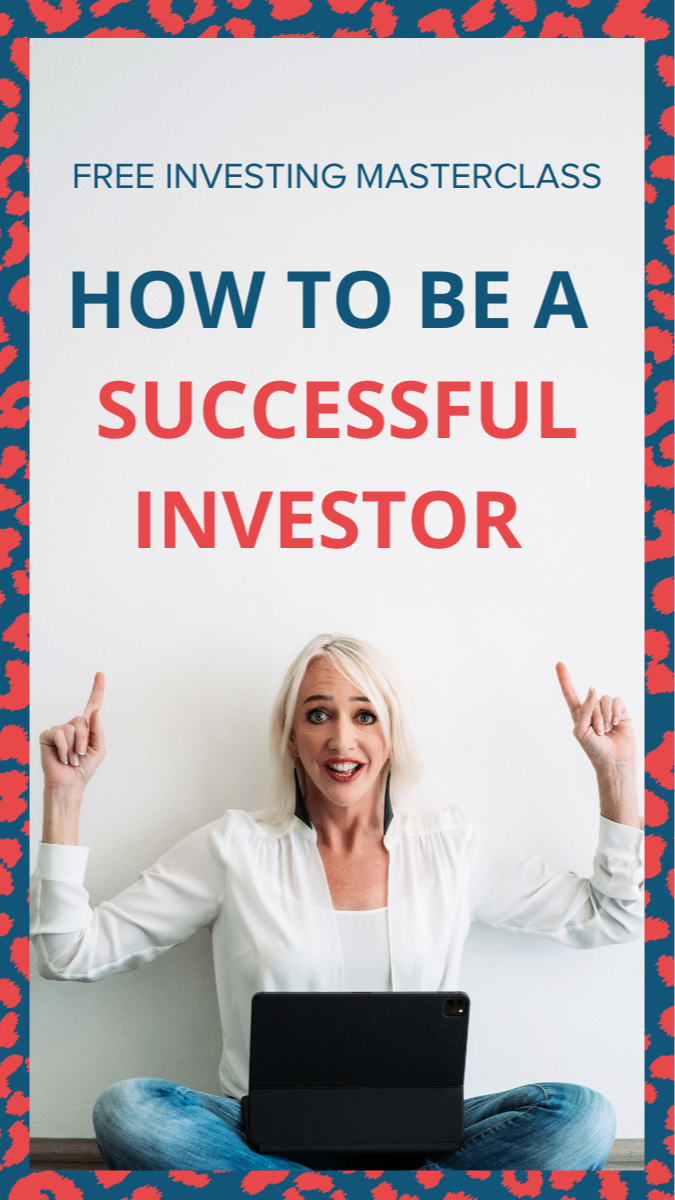
I’m OK, You’re OK
As we discovered in Part 1 of the Money & Love series, money is a magnifier and revealer of where we are not yet free.
It flushes out where we don't feel yet fully worthy, complete and fully enabled.
It shows us where we are NOT yet OK.
I’m OK, You’re OK comes from Transactional analysis (TA).
TA is a psychological theory that explains how individuals develop and interact with others, particularly in their social transactions and ways of communicating, including verbal and non-verbal interactions.
In TA every individual has three ego states: the Parent, the Adult, and the Child. The Parent ego state reflects the behaviours, attitudes, and beliefs that an individual has learned from their parents or other significant authority figures. The Adult ego state represents the rational and logical part of the individual, while the Child ego state reflects the emotions, impulses, and creativity of the individual.
TA suggests that we operate from one or more of these ego states in our interactions with others and I take it further to say we bring these states into our interaction with money.
For example, if a person interacts with another from the Parent ego state they will default to offering advice or criticism. From their Child ego state they will seek approval or react emotionally.
The Adult ego state is considered the most balanced and rational state. It’s the I’m OK / You’re OK state where we don’t need someone else or a situation to be different for us to be OK.
“I'm OK, you're OK” is where you want to be in a relationship.
“I'm OK, you're OK” is where you want to be in relation to your money.
When it comes to our own money stuff TA can help us understand how our past experiences and upbringing have influenced our identity, attitudes and behaviours around money.
By examining our own ego states and how they manifest in our money world, we can begin to recognize and address any unhealthy patterns or beliefs we may hold around money and ourselves in relation to it.
If there's any area of our life where we don't feel fully OK, where we don’t yet have full agency and are not fully empowered - then these are the areas where we will experience stormy times.
When we come into a relationship and bring the, "I'm not OK," parts in with us - they will impact the OK balance in the relationship.
For some people it might be sexual expression, for others it might be managing their money, or how much they make or how they make money, or if they have debt or if they have lots of money invested. It may be body image, or how you identify. There are so many places where we can feel less than.
Where we don’t yet feel OK will often impact our ability to state your needs, or even to know what they are in that area.
If we enter into any money interactions in our relationships with an adolescent or childlike stance of “you should know my needs” or “you can’t tell me what to do” or "you should do this for me" instead of a fully empowered adult - this will cause conflict and distress.
Equally bad is entering into these interactions from the patronising parent stance and going into I know it all, it must be done my way, telling mode.
Any of these “not OK” directional interactions will automatically break intimacy and prevent us from having clean, clear and generative money interactions.
Where Are You Not Yet OK?
We have to get curious and enquire about ourselves…
- When dealing with money stuff, where do I not yet feel totally OK?
- Am I fearful of it?
- Am I petulant?
- Am I avoidant?
- Am I defensive?
- Am I judgemental?
- Do I feel safe around it?"
There's a huge emotional component to our financial world.
Being the magnifier that it is, money will magnify anywhere where we don't yet feel emotionally free.
First with ourselves and then free in our relationships.
Our relationship with money has a strong correlation with our sense of self-worth. Self worth is after all how OK we feel about being exactly who we are.
Our self worth is our “I’m enough” gauge.
If you believe that our worth is correlated to our ability to rescue and to give, and you love that aspect of ourselves, you might be attracting relationships or patterns in your life where you are the one who's always having to be the adult, who's always the one who looks after everything and perhaps even pays for most things.
Perhaps you notice you keep rescuing other people financially, often with the story that you are being kind. If you look deeper perhaps you do this to avoid the discomfort of another's vulnerability or you struggle to be OK in a situation with unequal financial resources or you are afraid of another person's judgement.
Maybe your self worth is connected to your self reliance or being the provider. If so you may find it hard to receive from others or find you are always the one picking up the tab or paying for things.
Get curious about what you tolerate, what you choose to take a stand for, where you tend to self betray, what behaviours you do that make you feel worthy or safe and where you shut down or feel uncomfortable?
Let’s dive into your Money Stories in Part 3.
“Take the Money and Love masterclass to expand your intimacy and your wealth”



